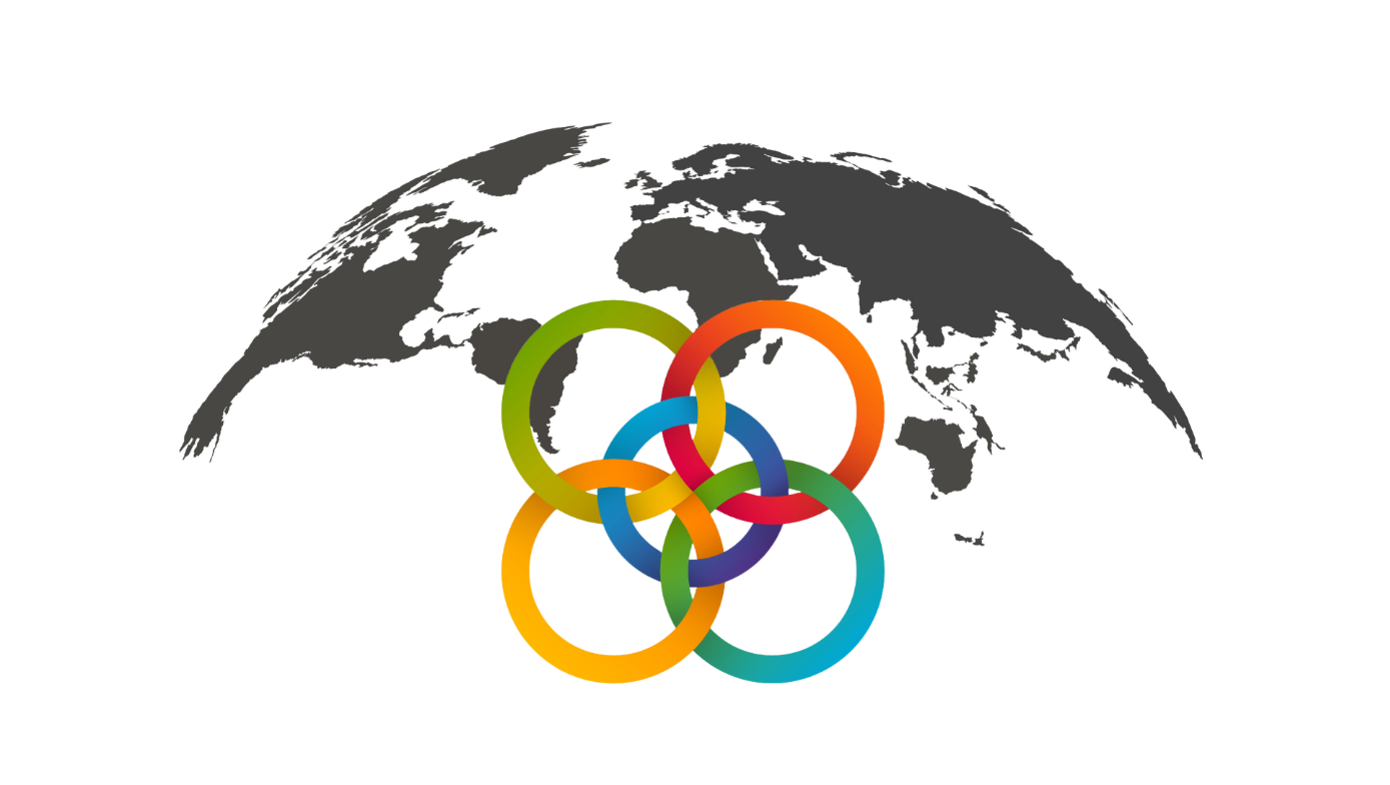Conference Programme 31 May

The aim of this conference is to reflect on the state of current funding models for North-South collaboration in research and education, to discuss best practices for achieving equal partnerships and to explore possible designs for future funding instruments.
12.30 Registration
13.00 Welcome and Introduction
Franco Gervasoni
- Rector SUPSI (University of Applied Sciences and Arts of Southern Switzerland)
- President of SUDAC
13.10 Keynotes
Zar-Chi Aye
Senior Research Scientist of Country offices in Myanmar and Lao PDR, Centre for Development and Environment (CDE), University of Bern, Switzerland
For fostering sustainable and equitable global research partnerships, it is crucial to enable long-term human capacity development and institution building in the Global South as well as North. In other words, research extractivism must be avoided, and partnerships should be sensitive to conflicts, cultural differences, and contextual nuances for equitable engagement. A joint reflection process among scholars from the Global South and North have revealed what needs to be done more to make global research partnerships truly sustainable and equitable. The keynote will start with telling a quite typical story of the imbalanced research partnership. From there, we point out some essential elements to consider when designing equitable funding initiatives for global research partnerships.
Andrea Ordóñez
- Southern Voice
Corinne Pernet
- University of Teacher Education Zurich (PHZH)
14.00 Interactive Workshops
In this session you can select one of the following workshops to join an interactive in-depth discussion. The main insights from the workshops will be addressed at the panel discussion.
in person:
David Svarin
- Program Manager, Swiss National Science Foundation (SNSF)
Moderation:
Fabian Käser
- Head Swiss Commission for Research Partnerships with Developing Countries (KFPE)
Swetha Rao Dhananka
- Head of CLOC Knowledge2Action in South Asia
Claudio Valsangiacomo
- Head of CLOC East Africa
Dorothée Spuhler
- CLOC NEWAL in West Africa
Since 2017, the swissuniversities development and cooperation network (SUDAC) has worked to create regional platforms for SDG-related partnerships in the Global South. Funded in equal parts by Swiss Higher Education institutions and SERI, SUDAC has established five Clusters of Cooperation (CLOCs). These CLOCs focus on partnerships with and between actors from academia, politics and civil society in different regions.
SUDAC has also allowed for increased collaboration between Universities, Universities of Applied Sciences and Arts and Universities of Teacher Education in Switzerland and managed to create synergies and partnerships.
In this workshop, the Heads of the CLOCs in West Africa, East Africa and South Asia, will share their experiences with the SUDAC program, explore the unique challenges in their specific regions and lay out the limitations and success stories of the SUDAC funding model.
Michael Krieger / Luna Iacopini
- University of Applied Sciences Western Switzerland HES-SO
This workshop will discuss the Leading House model, a bilateral cooperation program, where a selected Swiss university is commissioned by SERI to set up cooperation instruments with a specific region. There are currently five Leading Houses, among them the program in the Middle East and North Africa, managed by HES-SO.
While the Leading Houses bring a significant contribution to the development of scientific cooperation between Switzerland and the targeted regions, it can be questioned if they are designed in a way that supports equitable partnerships. How can these programs strengthen the involvement of partners from the global South?
The Leading House MENA explored a ways to improve the equity its projects: it launched two bilateral calls funded and organized jointly with the Ministry of Higher Education of Morocco. This ensures that both partner universities, in Switzerland and Morocco, receive similar funding. Can this be considered as a more equitable design? How to guarantee the long-term sustainability of this model?
Moderation:
Luna Iacopini
- Head of International Relations at HES-SO
online:
tbc
15.00 Coffee Break
15.30 Panel Discussion
Maria Peyro
- Deputy Head International Relations, SERI
Kathrin Milzow
- Head Research Development, SNSF
Luna Iacopini
- Head of International Relations, University of Applied Sciences Western Switzerland HES-SO
Thomas Breu
- Director CDE, University of Bern
Moderation:
Laurent Goetschel
- Vice President of SUDAC
Each workshop will collect the main insights from their sessions: Which elements are important for impactful Swiss funding models? Which type of framework is needed to guarantee the sustainable creation of equitable partnerships with our Southern partners?
The inputs and suggestions from the workshop will serve as the common thread for the panel discussion. Panelists from national funding institutions, as well as Swiss higher Education will discuss the improvement and development of the next generation of Swiss funding models along the key aspects of sustainability and equity.
16.20 Closing
Laurent Goetschel
- Vice President of SUDAC
16.30 Aperitif
PROGR Aula
Speichergasse 4
3011 Bern
Please register for the conference before May 20.
The link to participate online will be sent to registered participants shorty before the conference.
Clemens Tuor
- Deputy Head International Relations, swissuniversities
